Pesquisadores do Observatório das Metrópoles, através do projeto Observatório da Educação e Cidade, participam entre os dia 7 e 9 de julho, da conferência anual da International Sociological Association (ISA), em Amsterdã. A pesquisadora Mariane Koslinski irá apresentar o trabalho Processos sócio-territoriais e oportunidades educacionais: um estudo dos efeitos da distribuição da violência urbana sobre os resultados escolares no Rio de Janeiro.
O artigo é uma co-autoria entre os pesquisadores Mariane Koslinski (UFRJ/IPPUR), Luiz Cesar de Queiroz Ribeiro (UFRJ/IPPUR), Eduardo Ribeiro (UERJ/LAV) e Ignacio Cano (UERJ/LAV).
Neste ano, a Conferência ISA traz o tema A luta de pertencer – lidar com a diversidade em ambientes urbanos do século 21 para analisar como a globalização e a individualização deram origem a novas formas de diversidade étnica, de gênero religioso, classe social, sexual e outras, além de gerar novos conflitos sobre a cidadania em ambientes urbanos. O encontro pretende ainda compreender melhor quais os tipos de respostas (novas políticas) têm sido criadas para gerenciar a diversidade em ambientes urbanos. E como essas tendências homogeneizantes se relacionam com o desenvolvimento das cidadanias transnacionais e identidades múltiplas e híbridas.
Veja o resumo do artigo, a ser apresentado na sessão Bairros e os indivíduos: metodologias avançadas, da ISA 2011.
Processos sócio-territoriais e oportunidades educacionais: um estudo dos efeitos da distribuição da violência urbana sobre os resultados escolares no Rio de Janeiro
The paper addresses some social-territorial processes that might be influencing educational opportunities in city of Rio de Janeiro. A vast literature has been pointing out many issues concerning the adequate neighborhood indicators and measures as well as the opposition between socialization and institutional models of explanation of neighborhood-effects.
Our challenge is further increased as we take the city of Rio de Janeiro as the focus of our study. On one hand, the city presents a specific model of residential segregation, which comprises territorial proximity and social distance, and the specific social interaction patterns it entails. That is, social-territorial inequality is manifest in the macro-level, when we consider the center-periphery relationships, but also in the micro-level, where the distance between favela-district is manifest. On the other hand, in Rio de Janeiro context, apart from poverty, violence is an essential trace to understand social life, as it is related to social disorganization. Thus we consider a specific form of violence, homicides, to observe the effect of violent neighborhoods on school performance. In order to do so, the paper considers not only the usual characteristics used by studies of neighborhood effects, but also those related to violence.
The paper used educational, demographic and violence data and estimated a two-level hierarchical linear model. The analysis is based on school census data (2005), a data set including student socio-economic background and also, demographic and socio-economic variables for the different areas were created from the 2000 Census (IBGE, 2000). On the other hand, we geocoded the residence of homicide victims and we defined some areas around each school to estimate the number of violent deaths in the territories the schools are located. The dependent variable was the student performance in standardized math tests for 4th and 8th grades. The evidences found suggest that apart from poverty concentration, violence is also influencing educational opportunities in the city of Rio de Janeiro.
Acesse a programação completa da ISA-2011 aqui.














